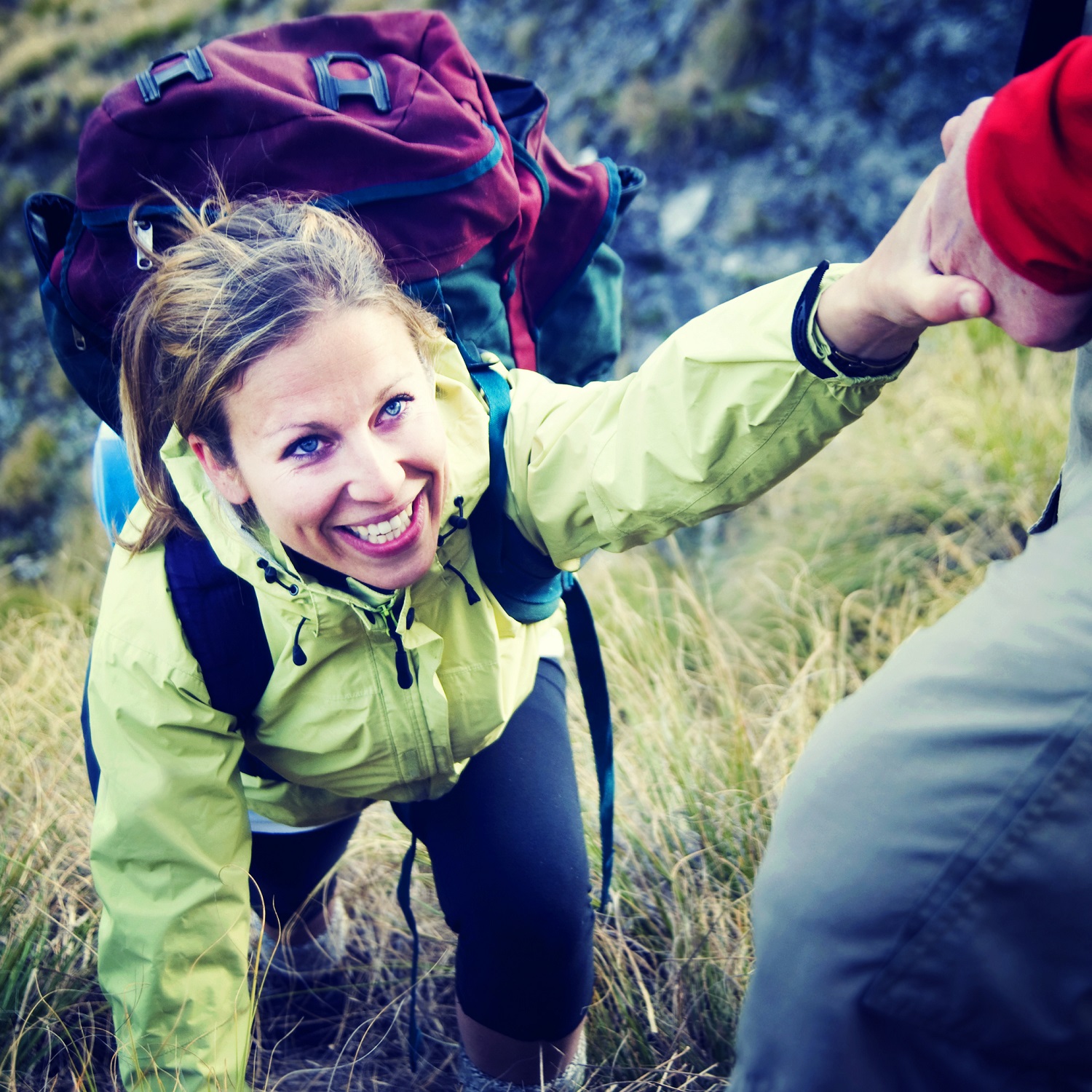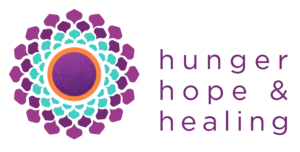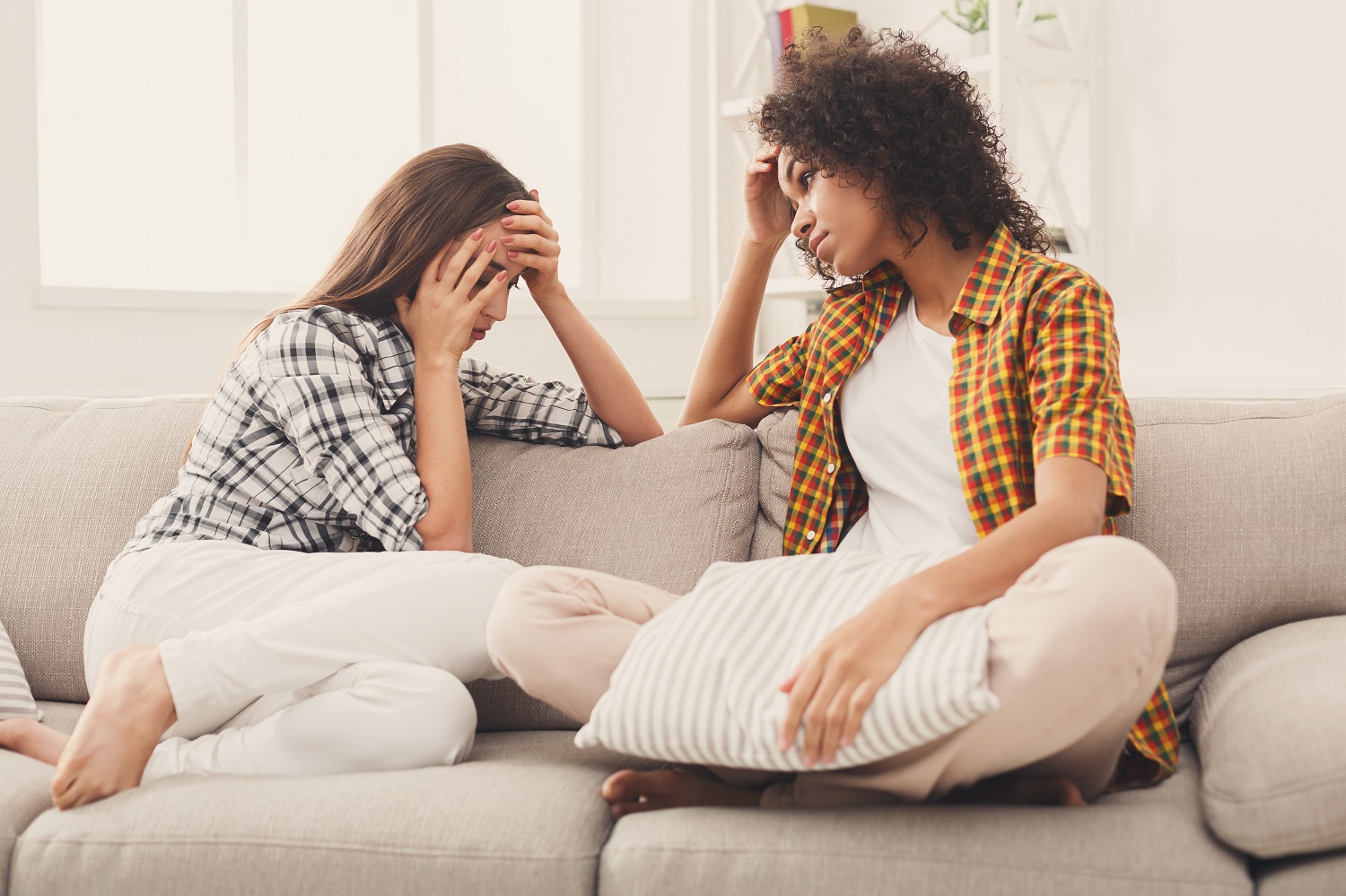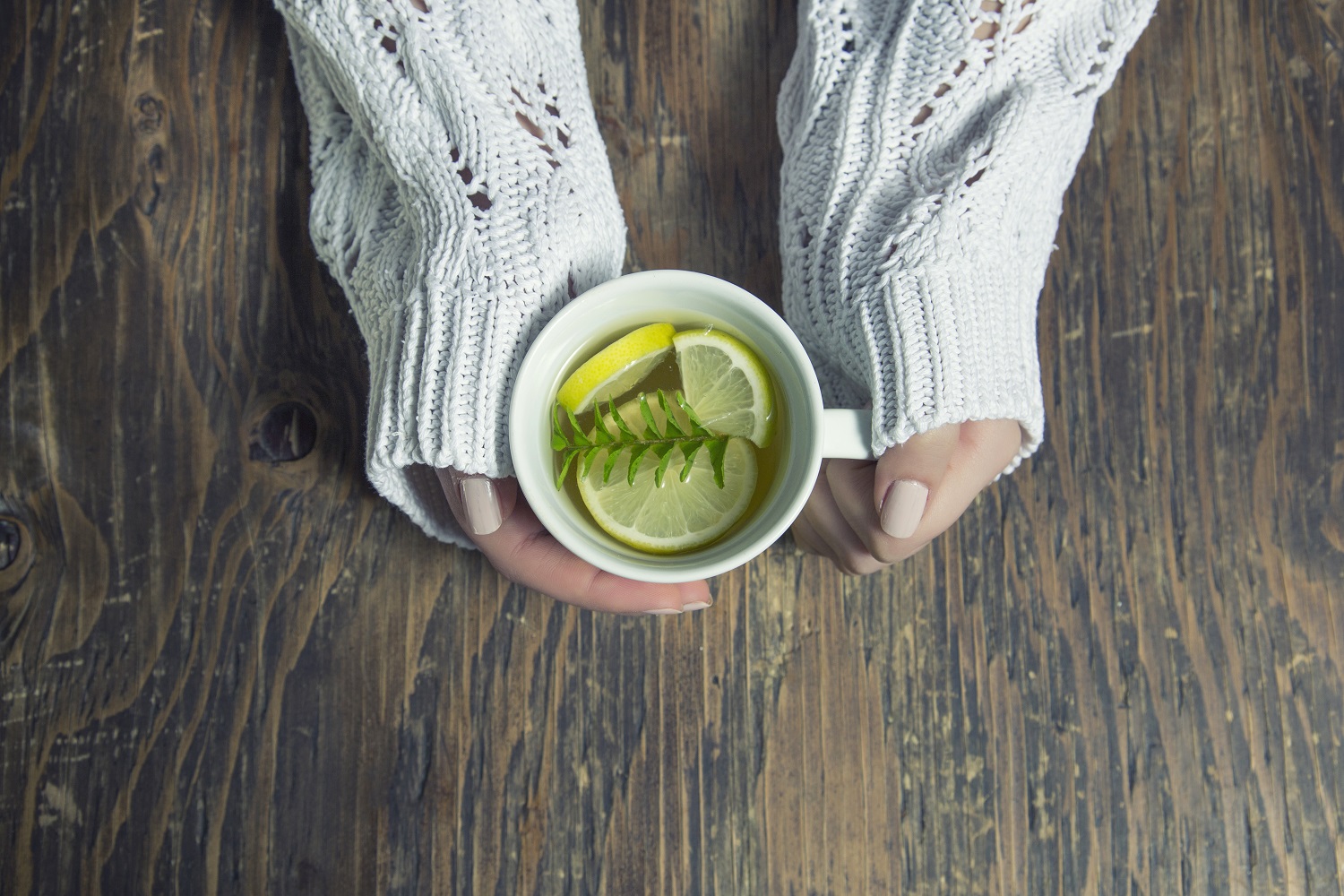It was a certain kind of shock. A definite re-calibration occurred. Repeatedly. And, sometimes it…

We Can’t Do It Alone
Since our last discussion about shame as a force of isolation (an early protective mechanism), I’ve had the blessing of intersecting with new areas of community in the yoga world and to engage with other yoga visionaries, activists, entrepreneurs, as well as people courageously rowing the rapids toward their own recovery. Some things we’ve agreed on:
We can’t do it alone.
And, we weren’t meant to.
The forces are too big.
The isolation makes us too small.
We all deeply hunger for love and belonging.
And, we are all welcomed by the love and belonging that is larger than the pain we’ve been in.
(And larger than the pain we’ve caused to others.)
Our seeming powerlessness over shame is diminished each time we are able to authentically connect, even more potently, when we authentically connect in the conversations about shame. It becomes something that we can talk about, rather than something that we are; or something about ourselves we feel we need to keep hidden.
Looking back over my own journey, these conversations continue the healing that began 25 years ago. These conversations also continue to be retro-actively healing to the younger parts of me that were convinced, not only that I had to do it alone (and that needing help meant I was incompetent), but also that other people would not be able to help me anyway. The feeling that I was beyond the bounds of help, and beneath the capacity of other humans to understand me.
My recovery required me to figure out how to both reach out toward and to welcome the connection that was available in the world around me. This was a big shift in paradigm for me. Prior to that, my perception was primarily that the world was there to judge me, to evaluate me, to determine my worth.
Just today, while traveling in New York and Massachusetts, I had to make three train transfers with two suitcases while not really knowing where I was going. Each time I embarked onto a new train, I had to ask for help to put my bags up overhead (or risk hitting someone in the head as I strained toward the luggage rack on Metro-North and Amtrak). Each time I disembarked, I had to ask for help again. And, twice I had to risk “inconveniencing” (alternatively known as Connecting With) the same person twice! I also had to ask for help between trains to make sure I was going in the right direction for my next connection.
Today, I placed a higher value on not being staunchly independent in the chaos of New York city, over staying hidden in the world of other humans, which would have added to the likelihood of getting lost, overwhelmed, and then determining that somehow other humans don’t actually care about me (no love and belonging for me!) and my well-being (because, paradoxically, before my recovery days, I too often set situations up to keep living this painful misconception.)
It was ironic that I was writing this blog about shame, connection, and asking for help. I’ve this realized before:
People prefer to be the one helping, not the one who needs the help.
I have a working hypothesis that I got to explore today:
When one of us needs help, and asks for it,
it provides an opportunity for another human to provide help.
We can’t all be givers all the time.
Some of us have to be receivers, some of the time.
In these moments of helping each other a connection arises. Our separateness fades, our shields come down, and prior to my recovery, I would have stayed inside my isolated shell not asking for help. Today I am able to feel and lean into the connections available around me. They’re momentary, yet nourishing. My introversion doesn’t feel so overwhelmed by these interactions; likely because so much of the shame has dissipated.
Here’s another example from a friend, yesterday:
I was talking with Kia Miller, Kundalini, Bhatki, and vinyasa yoga teacher, former model, and former bulimic. A pivotal point in her recovery journey was her direct realization that she could not do this thing called, “no longer being bulimic”, on her own. She very clearly knew she would need to tell other people (trustworthy, loving people) and she would need to ask them to help her. She didn’t just stop at the brave threshold of telling other people, but she also went to the next threshold of asking them to help her. In fact, she went beyond that threshold too. She told them when she was lying to them.
She told them when she was struggling.
This month, I would love to hear from you. Where have you been able to ask for help? Even in small ways? What did you notice in yourself when doing so? Where have you been able to tell someone, genuinely and safely, that you were struggling? Have you been the person to whom someone else reached out? How were you able to be present with them?



